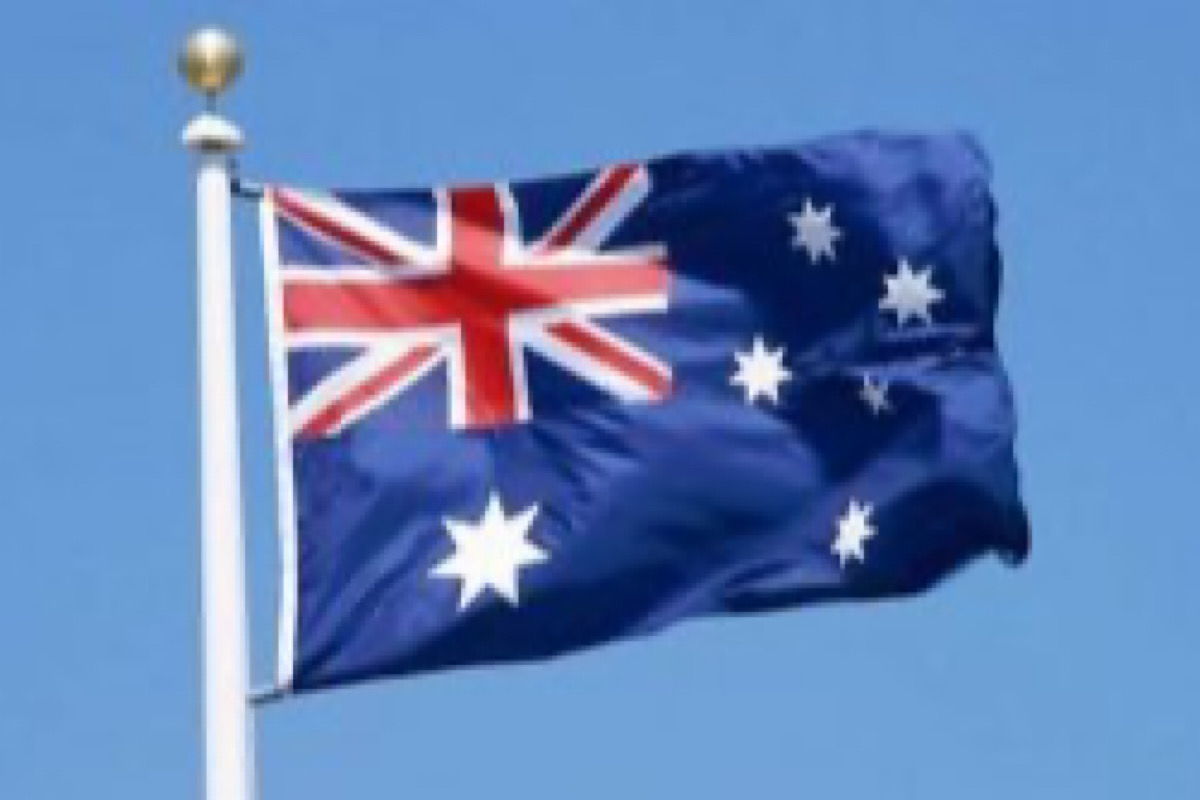India assumes Chair of Asian Disaster Preparedness Centre
India and eight neighbouring countries including Bangladesh, Cambodia, China, Nepal, Pakistan, Philippines, Sri Lanka and Thailand are the founding members of ADPC
In the vast expanse of the Pacific, Australia finds itself at a crossroads, grappling with a shifting geopolitical landscape that demands a recalibration of its approach.

Australian Flag
In the vast expanse of the Pacific, Australia finds itself at a crossroads, grappling with a shifting geopolitical landscape that demands a recalibration of its approach. The emergence of China as a formidable player in the region has stirred the neighbours’ foundations of Australian assumptions and prompted a re-evaluation of its engagement strategy. Australia’s historical ties with the Pacific islands, often painted with paternalistic hues, face a formidable challenge in the wake of China’s assertive foray into the region.
The Pacific, once considered Australia’s backyard, now witnesses a diplomatic tussle as China’s economic largesse entices island nations, subtly altering the geopolitical landscape. The concerns emanating from Canberra are not unfounded. China’s strategic moves, from securing resources to influencing political allegiances and seeking potential military bases, have raised eyebrows in Australia. The recent diplomatic switches of Solomon Islands, Kiribati, and Nauru from Taiwan to China underscore a paradigm shift that has broader implications for regional stability. However, Australia’s response to the Chinese incursion raises questions.
Insisting on upgraded security relationships might be perceived as heavy-handed, especially when Pacific countries prioritise development over traditional hard security. The nuanced example of Tuvalu, where a security agreement was bundled with climate change assistance, demonstrates the delicate balance Australia must strike. Pacific leaders, such as Cook Islands Prime Minister Mark Brown, emphasise that development takes precedence as their number-one security priority, particularly in the face of climate change. Even Australia’s close ally, Papua New Guinea’s Prime Minister James Marape, hesitated to invoke a security treaty with Australia during recent unrest, reflecting a reluctance to be perceived as a mere lapdog.
Advertisement
Australia, while unable to match China’s commercial clout, possesses substantial strengths that should not be underestimated. Its aid to the Pacific, accounting for two-fifths of all assistance, outpaces competitors. Education opportunities, technical assistance, and a sports diplomacy initiative, such as integrating Pacific rugby teams into Australian leagues, showcase a diverse and holistic engagement strategy. To counter China effectively, Australia must broaden its horizons beyond a myopic focus on security. A more comprehensive strategy that aligns with the priorities of Pacific island nations is crucial. The lesson here is clear ~ the Pacific’s number-one security priority is development, and Australia should recalibrate its approach accordingly.
Australia’s strength lies in its ability to offer a multifaceted engagement, with a new infrastructure-financing facility competing with China’s approach. It fosters opportunities for work and immigration, immensely popular among Pacific islanders. By aligning its strategy with the aspirations of the island states and diversifying its diplomatic toolkit, Australia can counterbalance China’s influence more effectively. In navigating the complex currents of Pacific geopolitics, Australia should draw inspiration from the Pacific itself ~ a vast, diverse expanse that demands adaptability and an understanding of the unique challenges faced by its island neighbours. It is time for Australia to embrace a nuanced, multifaceted approach that resonates with the aspirations of the Pacific nations it considers family
Advertisement